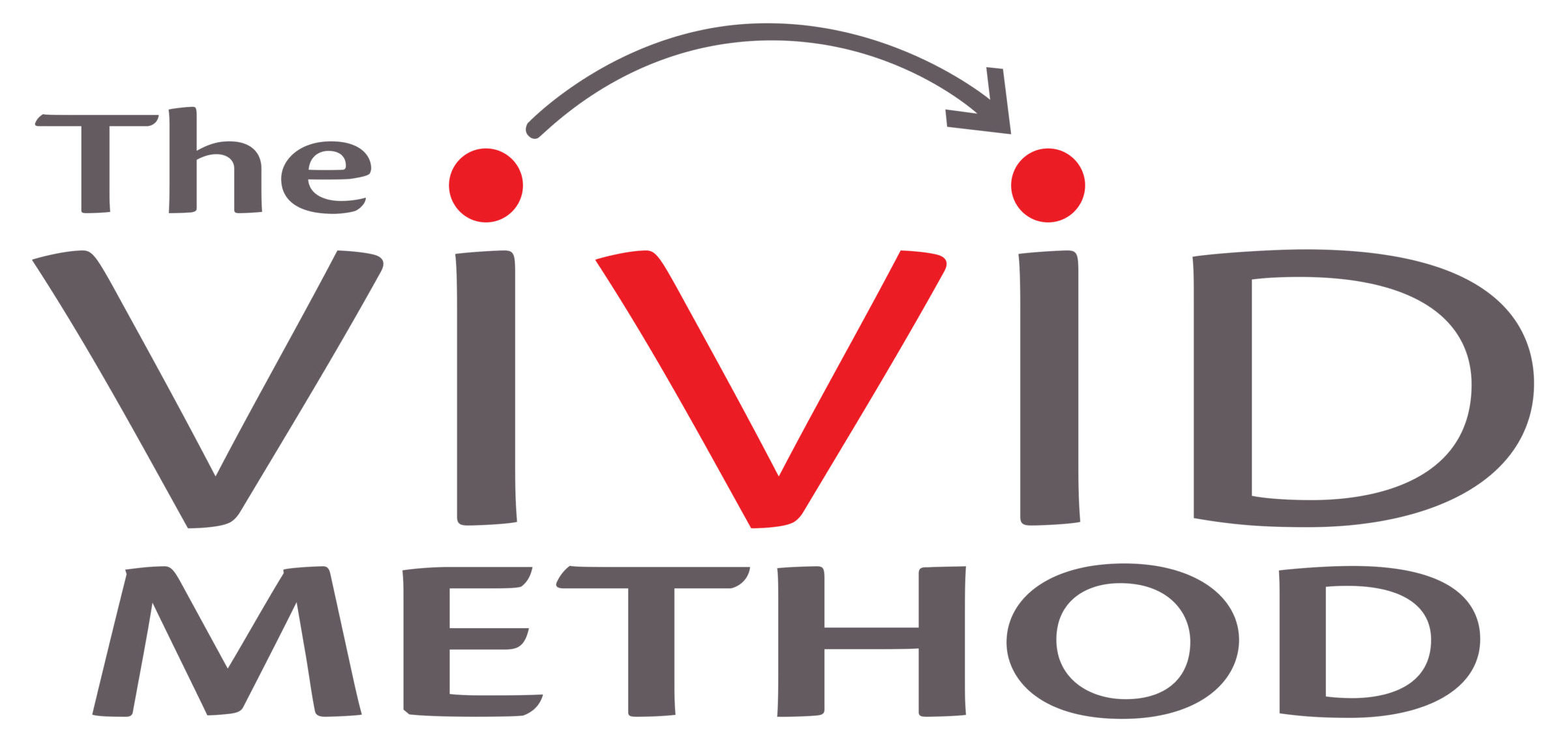My chat with Bill Clinton about Public Speaking

Bill Clinton talked about public speaking mistakes Al Gore made during the 2000 election when I spoke to him at the Global Business Forum in Feb 2006.
Victorian Premier Steve Bracks introduced him as the World’s Greatest Communicator, and his speech on the day was compelling, but I was more interested in asking him questions about speaking style. In particular, the notorious Gore 2000 election.
Public speaking tips for Al Gore – and you
Cam: I am a speaking coach and you’re a great speaker, may I ask you a question…
Bill: Sure Cam.
I’ve noticed that when speakers focus too much on a “performance” rather than connecting with an audience they’re less effective – yet many speakers are encouraged to “perform” rather than be themselves.
For example, in the famous Gore 2000 election, Al Gore was praised for his speech (accepting defeat against George W. Bush) because he appeared ‘real’ for the first time in the election campaign.
Bill: “That was a great speech…”
Cam: But it came after the race was lost. Commentators said ‘Why weren’t you talking to us naturally like that during the campaign?’.
Bill: “Al Gore is a great speaker, but it drove me nuts watching him speak like that through the 2000 election”
Cam: So even if a person is not considered charismatic, they should pursue their natural style rather than trying to act or perform?
Bill: “Absolutely. The invention of the electric microphone changed forever the criteria for being a great speaker. From that point on we no longer needed to adopt an exaggerated performance – you could be yourself. You just need to get that old idea out of your head – and get the message clear. It was the same with Walter Mondale, he is a great, funny speaker, but we didn’t see that side of him until after he left office! He thought he had to put on this persona.”
Cam: Thank you! I agree.
The Gore 2000 election – take a break from fake
Former U.S. Vice President Al Gore was unhappy with the advice he received from his speaking coaches during the 2000 election. However, his speech conceding defeat in one of the closest elections in history was praised as his finest.
The speech made after the campaign was over.
Commentators acknowledged his genuine style and noted that he had dropped the pretence and shown a side that hadn’t been seen during the preceding months. A side that was more natural and believable.
In 2006, Fortune Magazine published an article discussing this called ‘First, we kill all the consultants’ which stated;
“… they (the consultants) fed Al Gore a diet of phony, market-researched language” and “didn’t consider that he might win him the election by being real.”
As Bill Clinton said to me, it ‘drove him nuts’ watching Gore communicate in such an contrived manner. Many people have wondered out loud if Gore would have won the election if he spoken to America using more of his own judgment and natural style during the campaign. Who knows. But this might give you an inkling of the lost opportunities resulting from to misguided communication advice.
He has certainly made a bigger impact after dropping the forced style and speaking more naturally – with a Nobel Peace Prize and Academy Award for the documentary ‘An Inconvenient Truth‘.
Natural Public Speaking versus bad acting advice
The idea that business presentations require a flashy performance by wannabe Broadway players, turns the art of communication into a high effort, high drama event that often misses completely.
Of course, packaging and performance are important, but nothing is more powerful than a genuine style and the natural connection with the audience that results.
Some people look to political communication as an argument that packaging and performance are becoming more important. And media skills certainly are becoming more relevant for more people.
But you can’t package people into something they’re not.
I talked about this in relation to Australian Prime Minister Julia Gillard when she was described and ‘robotic and rehearsed’.
So, find a way to be comfortable. Get clear about your message. Use a structure to stay on track. Then, simply explain your ideas.
—–
If you’d like to develop your presentation skills, consider:
- Presentation Skills Training
- Presentation Skills public course
- Personal Coaching
- Message Development Sessions
